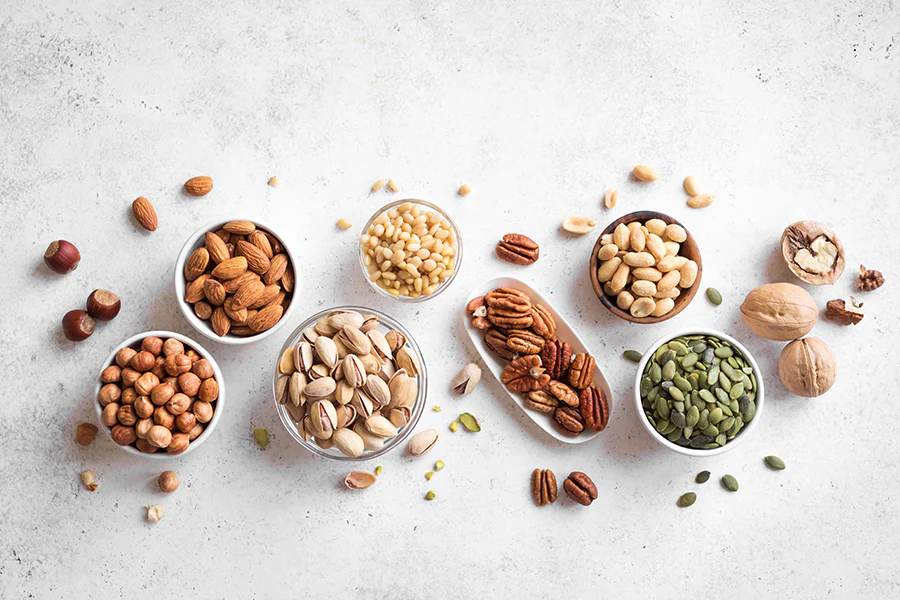“Explore the 17 highest protein nuts that can enhance your daily nutrition. Discover which nuts provide the best protein boost for a healthier, more energized you.”
Incorporating nuts into your diet is a smart way to boost your daily protein intake while enjoying a crunchy and delicious snack. Nuts are not only packed with essential nutrients but also offer a convenient way to meet your protein needs. In this post, we’ll explore the 17 highest protein nuts that can enhance your daily nutrition and keep you feeling energized throughout the day.
1. Almonds
Protein Content: 21 grams per 100 grams
Almonds are a powerhouse of protein, making them a popular choice for those looking to increase their intake. They also provide healthy fats, vitamin E, and magnesium. A handful of almonds can serve as a great mid-day snack or be added to salads and oatmeal for extra crunch.
2. Pistachios
Protein Content: 20 grams per 100 grams
Pistachios are not only high in protein but also rich in fiber, which aids in digestion. They are perfect for snacking on their own or can be incorporated into recipes like pesto or granola bars.
3. Cashews
Protein Content: 18 grams per 100 grams
Cashews are a versatile nut that can be enjoyed raw, roasted, or as a creamy nut butter. They are a good source of iron, zinc, and magnesium, which are essential for maintaining overall health.
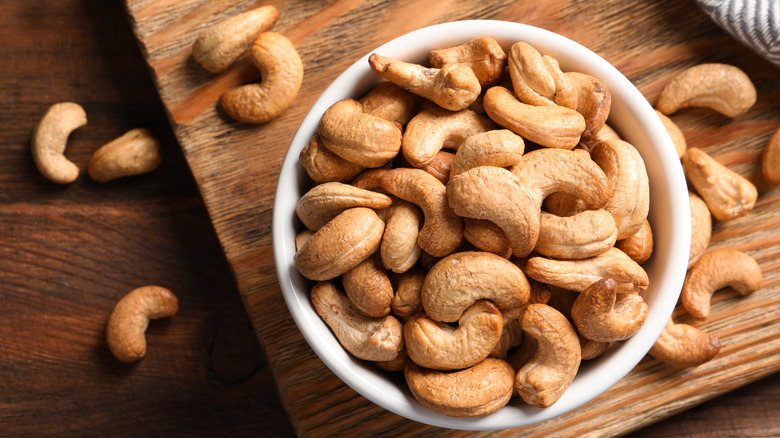
4. Walnuts
Protein Content: 15 grams per 100 grams
Walnuts offer a decent amount of protein and are an excellent source of omega-3 fatty acids. They are great for enhancing the flavor of salads, yogurt, or baked goods.
5. Hazelnuts
Protein Content: 14 grams per 100 grams
Hazelnuts provide a good amount of protein along with healthy fats and vitamin E. They are delicious when eaten on their own or can be added to smoothies, salads, or desserts.
6. Brazil Nuts
Protein Content: 14 grams per 100 grams
Brazil nuts are known for their high selenium content, which is vital for thyroid health. They also provide a substantial amount of protein, making them a nutritious addition to your diet.
7. Macadamia Nuts
Protein Content: 8 grams per 100 grams
While slightly lower in protein compared to other nuts, macadamias are still a valuable source of protein and healthy fats. They add a rich, buttery flavor to dishes and can be enjoyed raw or roasted.
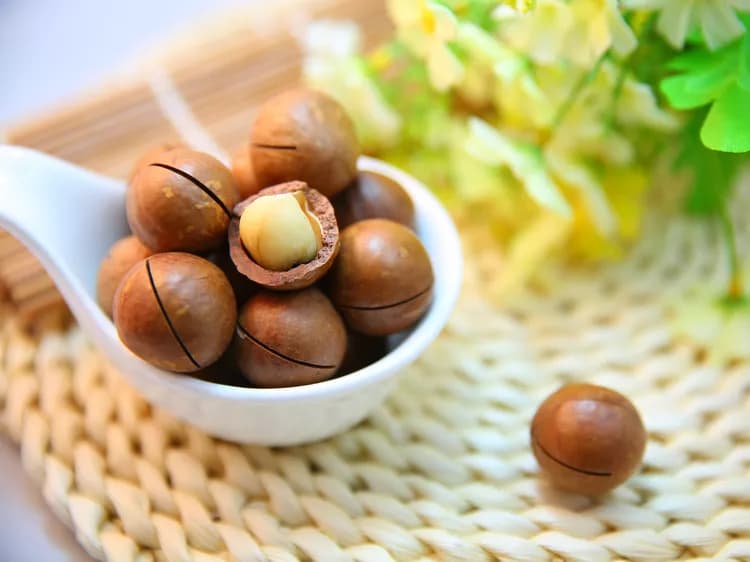
8. Pecans
Protein Content: 9 grams per 100 grams
Pecans are not only high in protein but also contain antioxidants and vitamins. They are perfect for snacking or adding a crunchy texture to salads and baked goods.
9. Pine Nuts
Protein Content: 14 grams per 100 grams
Pine nuts are often used in pesto and various dishes for their subtle, sweet flavor. They are rich in protein and also provide a good amount of magnesium and vitamin K.
10. Chia Seeds
Protein Content: 17 grams per 100 grams
Though not a nut, chia seeds are worth mentioning for their high protein content. They are also packed with omega-3 fatty acids and fiber. Add them to smoothies, yogurt, or make chia pudding for a nutritious snack.
11. Pumpkin Seeds
Protein Content: 19 grams per 100 grams
Pumpkin seeds, or pepitas, are a great source of protein and essential minerals like zinc and iron. They can be eaten roasted as a snack or sprinkled on salads and soups.

12. Sunflower Seeds
Protein Content: 21 grams per 100 grams
Sunflower seeds are a protein-rich option that also provides vitamin E and healthy fats. They are great for snacking or adding a crunchy element to salads and granola.
13. Hemp Seeds
Protein Content: 33 grams per 100 grams
Hemp seeds are incredibly high in protein and are a complete protein source, containing all nine essential amino acids. They can be sprinkled on salads, blended into smoothies, or added to baking recipes.
14. Sesame Seeds
Protein Content: 18 grams per 100 grams
Sesame seeds are a good source of protein and are also high in calcium and iron. They can be used in various dishes, from Asian cuisine to baked goods.
15. Flaxseeds
Protein Content: 18 grams per 100 grams
Flaxseeds offer a good amount of protein along with omega-3 fatty acids. They are versatile and can be added to smoothies, cereals, or used as an egg substitute in baking.
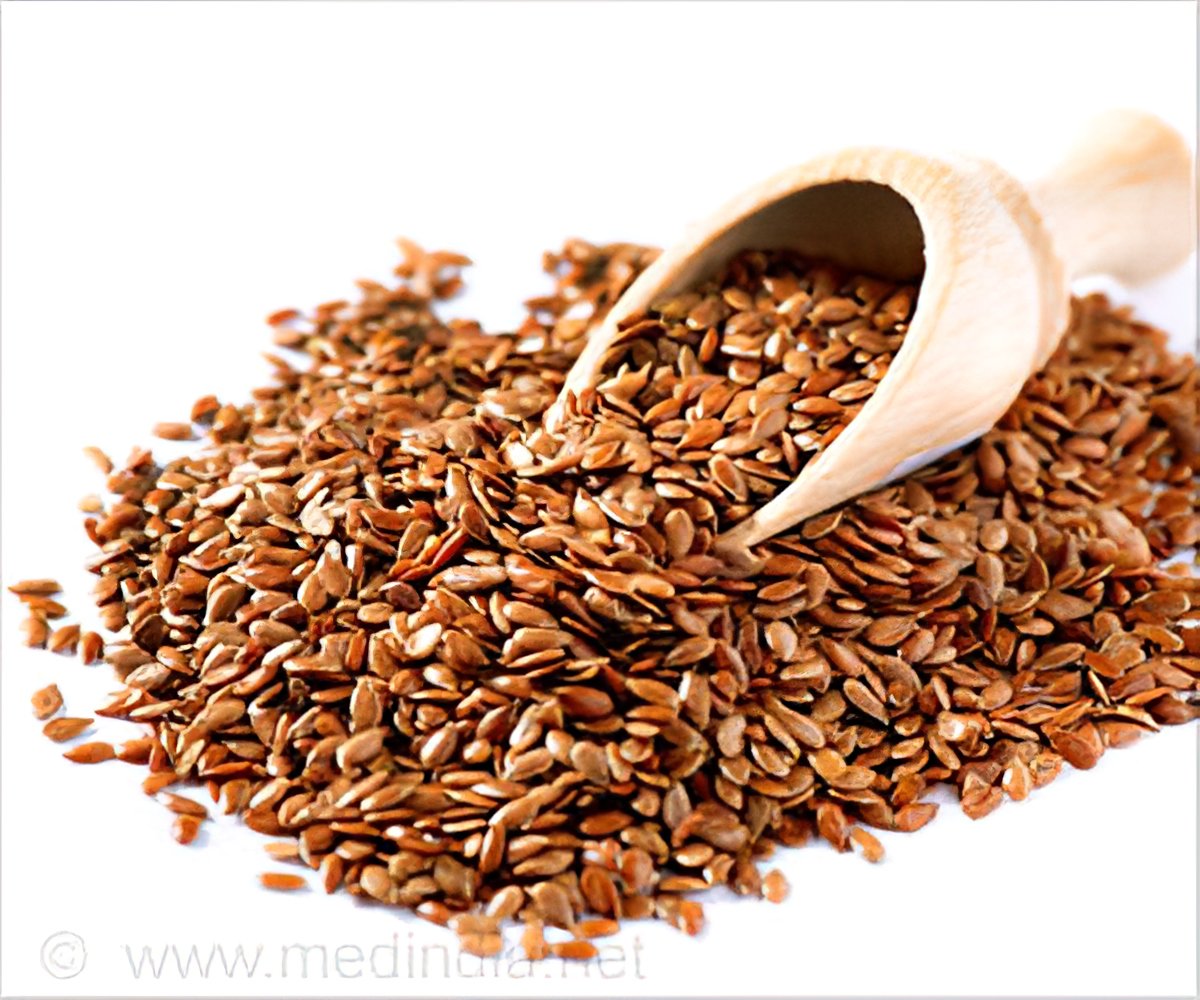
16. Walnut Oil
Protein Content: 2 grams per 100 grams
Although not as high in protein as whole nuts, walnut oil provides healthy fats and can be used in salad dressings or as a finishing oil for dishes.
17. Nut Butters (Almond, Cashew, etc.)
Protein Content: 25 grams per 100 grams
Nut butters are a convenient way to increase protein intake. They can be spread on toast, used in smoothies, or as a dip for fruits and veggies.
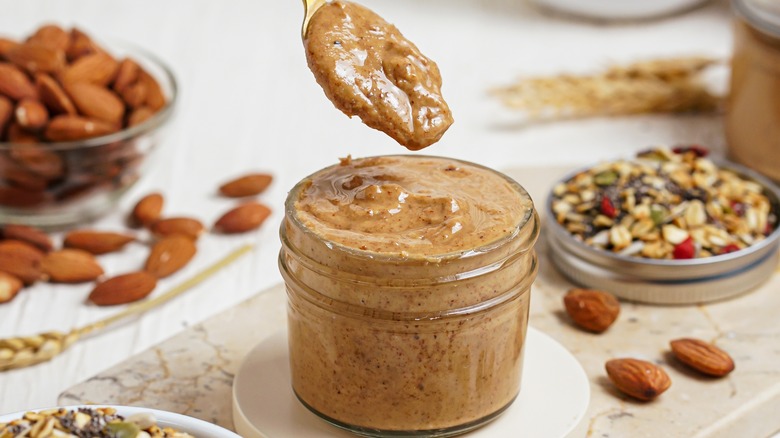
Conclusion
Adding these high-protein nuts to your diet can help you meet your daily nutritional needs while providing a satisfying and tasty snack. From almonds to hemp seeds, each nut offers unique health benefits and a protein boost to keep you energized and healthy. Incorporate a variety of these nuts into your meals and snacks to enjoy their full range of benefits.
